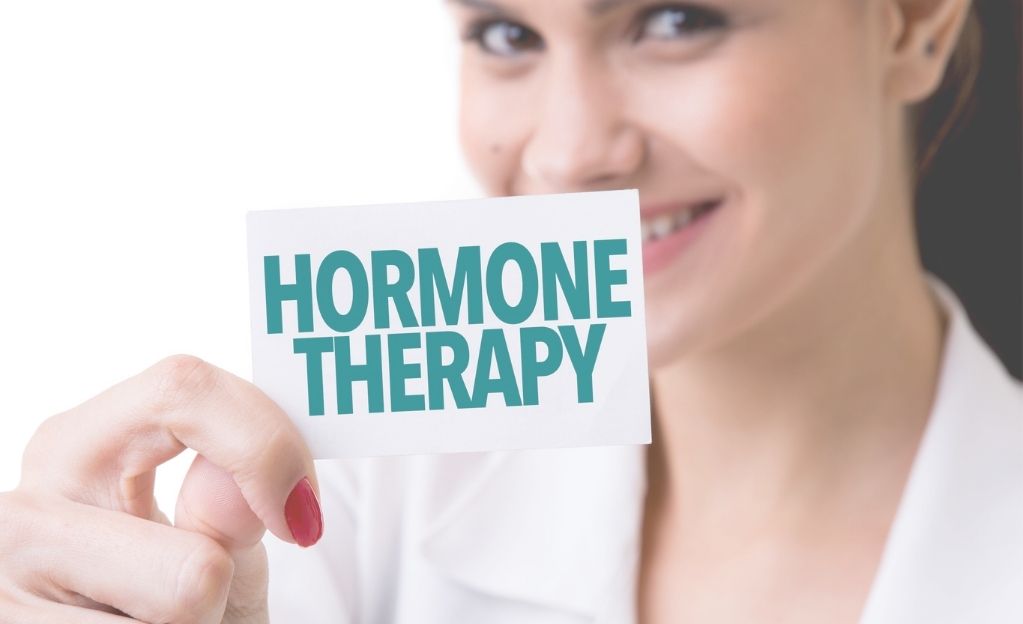Menopause and Insomnia: The Causes and the Treatments
Do you sometimes have trouble sleeping? Are you finding it harder to fall asleep or stay asleep at night? If so, you’re not alone. Millions
Do you sometimes have trouble sleeping? Are you finding it harder to fall asleep or stay asleep at night? If so, you’re not alone. Millions
Testosterone plays a part in many functions in both the male and female bodies. As men and women age, their bodies produce less and less
What is a hysterectomy or oophorectomy? A hysterectomy is the surgical removal of the uterus, and an oophorectomy is the surgical removal of the ovaries.
It’s normal to lose hair as you age. Hair loss in women is usually caused by a decrease in hormones, which can happen as you
Yet another common question we are asked is “What is Bioidentical Hormone Replacement Therapy.” Well, let’s break this question down into two parts, and look
Hormone Replacement Therapy (HRT) is the process of increasing the amount of hormones available for your body to use. Here at Hormones by Design we
Everyone who comes into our office has asked this question at least once, “How much does Hormone Replacement Therapy cost?”. Well, the answer here is

Thyroid hormone replacement therapy is used to treat which of the following conditions? A lack of thyroid hormone can cause a whole list of uncomfortable

One common question we get is, “What is Hormone Replacement Therapy?” (HRT) Our reply is simply that it is what the name says. Your doctor

You have finally reached menopause. Your first thought is “Yeah! No more periods!”, and then the symptoms of menopause hit. You begin experiencing one or